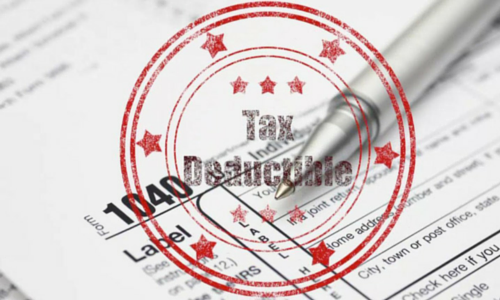you In 1939, Philadelphia was the first city in the U.S. to implement a wage tax. Now its tax is the highest of any municipality in the country. On top of the wage tax, Philadelphia has a variety of other taxes for those who live, work, or make any money within the city limits.
This should not necessarily be a deterrent from working in the city; Philadelphia has a tremendous wealth of opportunity for small business. However, the tax implications should be considered when making business decisions. It’s critically important to have a good tax accountant who knows and understands the many city taxes. He or she should help you pay the right taxes at the right time to avoid any penalties.
Who needs to pay the city wage tax?
All residents of Philadelphia, whether they work in the city or outside the city, must pay the city wage tax. If you have an employee who is a resident of Philadelphia, you should withhold city wage taxes from your employee’s pay at a rate of 3.8712% (as of 2019 tax year). All non-residents who work in Philadelphia must pay the city wage tax, although at the slightly lower rate of 3.4481%.
This wage tax even applies to professional athletes, entertainers, conference speakers, and politicians who come into the city temporarily, even just for a single event. If you come into the city and make money there, you need to pay.
Deadlines vary depending on how much wage tax you owe – payments could be required weekly, monthly, semi-monthly, or quarterly. This is something your CPA can help you with in order to protect you from late fees or other penalties.
Other taxes a small business might have to pay the city of Philadelphia
The Business Income and Receipts Tax (BIRT): The BIRT applies to “every individual, partnership, association, limited liability company (LLC), and corporation engaged in a business, profession, or other activity for profit within the City of Philadelphia.” This includes not just business but real estate rental and those who maintain a Commercial Activity License (CAL) but do not actively engage in business in the city.
The BIRT tax rate is 1.415 mills (1.415% per $1,000 of gross receipts) AND 6.25% on taxable net income (as of tax year 2019). Both taxes are due by April 15th for the prior year.
Net Profits Tax (NPT): This tax is separate from the taxable net income portion of the BIRT tax and it is possible you may owe both. This tax is “imposed on net profits from the operation of a trade, business, profession, enterprise” by residents or by non-residents doing business in Philadelphia. Businesses include: individuals (sole proprietors), partnerships, associations, LLCs, estates or trusts, and, in most cases, rental of property.
NPT must be filed April 15 and June 15 based on estimates. You must file a return even if you didn’t make money or incurred a loss. Otherwise, you will incur a penalty. For tax year 2019, the rates are 3.8712% for residents and 3.4481% for non-residents.
There are a variety of other taxes that may apply to your activities within the boundaries of Philadelphia, such as Use and Occupancy Tax, School Income Tax, Outdoor Advertising Tax, and Amusement Tax.
Getting help so you get it right
Your tax expert can discuss with you the kinds of work you do or are considering doing in the city of Philadelphia. He or she can help you evaluate them given the tax landscape, and make sure you file all the necessary city taxes on time.
Contact us here at Koelle in Willow Grove, PA. We have 30+ years’ experience working with businesses and individuals, many of whom work or do business within the city borders. We can help you navigate through city taxes and handle all your tax needs.




